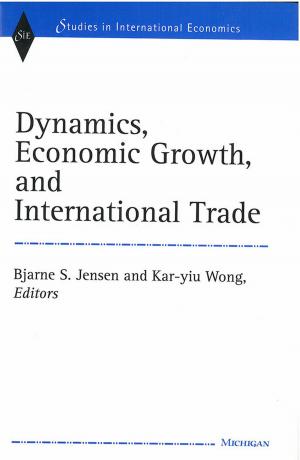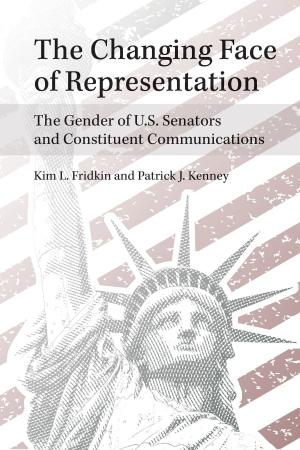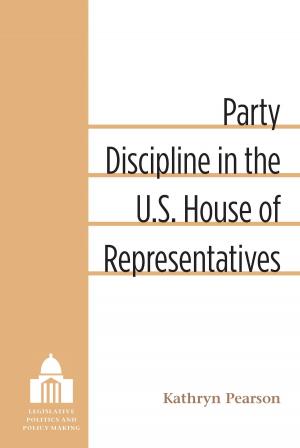Formulas for Motherhood in a Chinese Hospital
Nonfiction, Health & Well Being, Medical, Specialties, Gynecology & Obstetrics, History, Asian, China| Author: | Suzanne Gottschang | ISBN: | 9780472123629 |
| Publisher: | University of Michigan Press | Publication: | March 5, 2018 |
| Imprint: | University of Michigan Press | Language: | English |
| Author: | Suzanne Gottschang |
| ISBN: | 9780472123629 |
| Publisher: | University of Michigan Press |
| Publication: | March 5, 2018 |
| Imprint: | University of Michigan Press |
| Language: | English |
What happens to pregnant women when the largest country in the world implements a global health policy aimed at reorganizing hospitals and re- training health care workers to promote breastfeeding? Since 1992, the Chinese government has led the world in reorganizing more than 7,000 hospitals into “Baby- Friendly” hospitals. The initiative’s goal, overseen by UNICEF and the World Health Organization, is to promote the practice of breastfeeding by reorganizing hospital routines, spaces, and knowledge in maternity wards and obstetrics clinics. At the same time, China’s hospitals in the mid- 1990s operated as sites where the effects of economic reform and capitalism increasingly blurred the boundaries between state imperatives to produce healthy future citizens and the flexibility accorded individuals through their participation in an emerging consumer culture.
Formulas for Motherhood follows a group of women over eighteen months as they visited a Beijing Baby- Friendly Hospital over the course of their pregnancies and throughout their postpartum recoveries. The book shows how the space of the hospital operates as a microcosm of the larger social, political, and economic forces that urban Chinese women navigate in the process of becoming a mother. Relations between biomedical practices, heightened expectations of femininity and sexuality demanded by a consumer culture, alongside international and national agendas to promote maternal and child health, reveal new agents of maternal governance emerging at the very moment China’s economy heats up. This ethnography provides insight into how women’s creative pragmatism in a rapidly changing society leads to their views and decisions about motherhood.
What happens to pregnant women when the largest country in the world implements a global health policy aimed at reorganizing hospitals and re- training health care workers to promote breastfeeding? Since 1992, the Chinese government has led the world in reorganizing more than 7,000 hospitals into “Baby- Friendly” hospitals. The initiative’s goal, overseen by UNICEF and the World Health Organization, is to promote the practice of breastfeeding by reorganizing hospital routines, spaces, and knowledge in maternity wards and obstetrics clinics. At the same time, China’s hospitals in the mid- 1990s operated as sites where the effects of economic reform and capitalism increasingly blurred the boundaries between state imperatives to produce healthy future citizens and the flexibility accorded individuals through their participation in an emerging consumer culture.
Formulas for Motherhood follows a group of women over eighteen months as they visited a Beijing Baby- Friendly Hospital over the course of their pregnancies and throughout their postpartum recoveries. The book shows how the space of the hospital operates as a microcosm of the larger social, political, and economic forces that urban Chinese women navigate in the process of becoming a mother. Relations between biomedical practices, heightened expectations of femininity and sexuality demanded by a consumer culture, alongside international and national agendas to promote maternal and child health, reveal new agents of maternal governance emerging at the very moment China’s economy heats up. This ethnography provides insight into how women’s creative pragmatism in a rapidly changing society leads to their views and decisions about motherhood.















